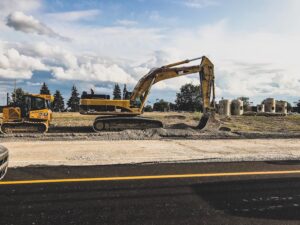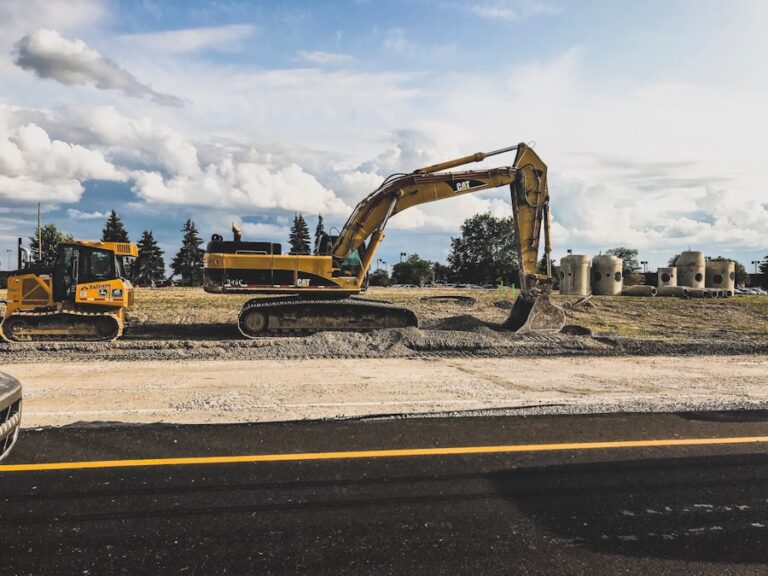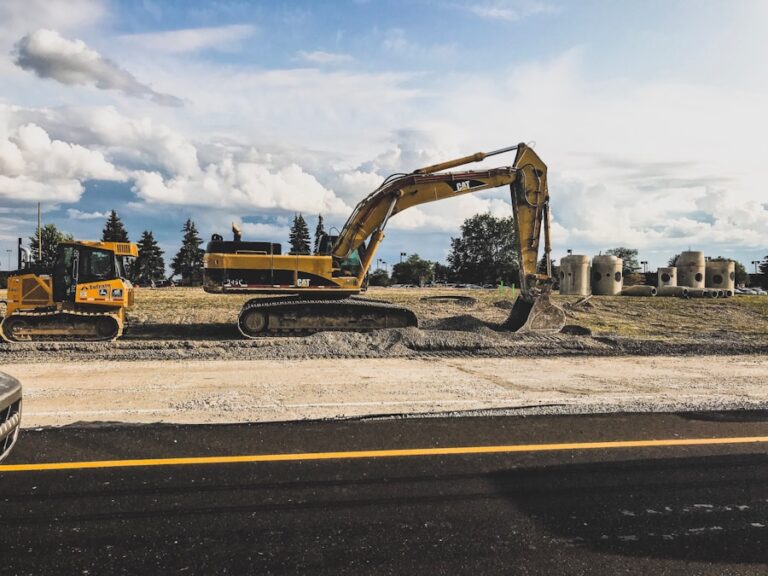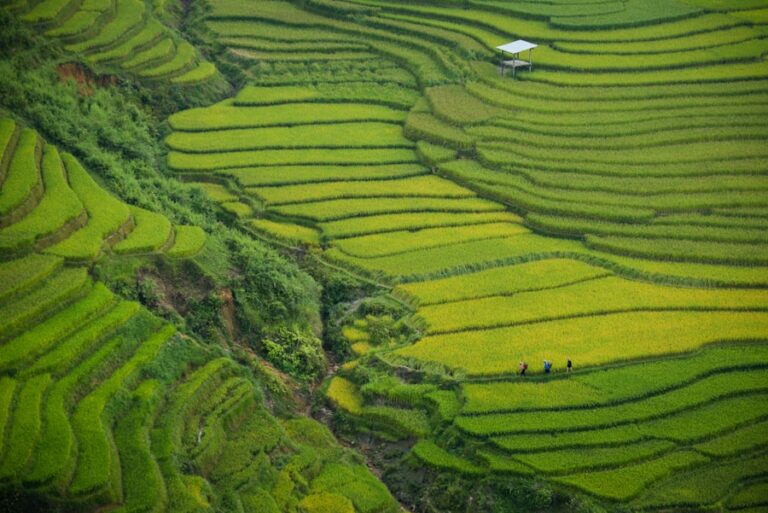When it comes to building a villa in Bali, one of the most important decisions you will make is choosing the right location. Bali is a diverse island with a wide range of landscapes, from lush rice terraces to stunning beachfront properties. Each location offers its own unique advantages and challenges, so it’s important to carefully consider your options before making a decision.
If you’re looking for a peaceful retreat surrounded by nature, you might consider building your villa in the lush interior of the island, where you can enjoy stunning views of the mountains and rice terraces. On the other hand, if you’re more interested in being close to the action, you might prefer a beachfront property in one of Bali’s popular tourist areas. No matter what type of location you choose, it’s important to consider factors such as accessibility, infrastructure, and potential environmental impact before making a final decision.
Understanding Local Building Regulations
Before you start building your villa in Bali, it’s crucial to have a thorough understanding of the local building regulations. Bali has strict regulations in place to protect its natural beauty and cultural heritage, so it’s important to ensure that your project complies with all relevant laws and regulations. This may include obtaining permits and approvals from local authorities, as well as adhering to specific building codes and environmental standards.
In addition to understanding the legal requirements, it’s also important to consider the cultural and social implications of your project. Bali has a rich cultural heritage, and it’s important to respect and preserve the island’s traditions and customs. This may include working closely with local communities and traditional landowners to ensure that your project is culturally sensitive and respectful. By taking the time to understand and comply with local building regulations, you can ensure that your villa project is both legally and ethically sound.
Hiring a Reliable Contractor
Once you have chosen the right location and familiarized yourself with local building regulations, the next step is to hire a reliable contractor to oversee the construction of your villa. In Bali, there are many construction companies and contractors to choose from, so it’s important to do thorough research and due diligence before making a decision. Look for a contractor with a proven track record of delivering high-quality projects on time and within budget.
When hiring a contractor, it’s important to consider factors such as experience, expertise, and reputation. Look for a contractor who has experience working on similar projects in Bali, and who has a deep understanding of the local construction industry. It’s also important to ensure that the contractor has the necessary licenses and insurance to protect both you and your project. By taking the time to find a reliable and reputable contractor, you can ensure that your villa project is in good hands from start to finish.
Designing the Villa to Fit the Bali Aesthetic
One of the most exciting aspects of building a villa in Bali is the opportunity to design a home that reflects the island’s unique aesthetic and cultural heritage. Bali is known for its distinctive architecture and design, which is characterized by open-air living spaces, natural materials, and traditional craftsmanship. When designing your villa, it’s important to take inspiration from these elements and create a home that seamlessly blends with its natural surroundings.
Consider incorporating traditional Balinese design elements such as alang-alang thatched roofs, carved wooden doors, and open-air pavilions into your villa design. It’s also important to consider how your villa will interact with its natural surroundings, whether that means maximizing views of the ocean or integrating seamlessly into the lush tropical landscape. By working closely with an experienced architect and design team, you can create a villa that not only meets your practical needs but also captures the essence of Bali’s unique aesthetic.
Selecting High-Quality Materials
When building a villa in Bali, it’s important to select high-quality materials that can withstand the island’s tropical climate and environmental conditions. Bali experiences high levels of humidity, intense sunlight, and heavy rainfall, so it’s important to choose materials that are durable, weather-resistant, and low-maintenance. Look for materials such as teak wood, natural stone, and terracotta tiles that are well-suited to Bali’s climate and can withstand the test of time.
In addition to durability, it’s also important to consider sustainability when selecting materials for your villa. Bali has a growing focus on environmental conservation and sustainable development, so it’s important to choose materials that are eco-friendly and responsibly sourced. Consider using recycled or reclaimed materials, as well as incorporating energy-efficient features such as solar panels and natural ventilation systems into your villa design. By selecting high-quality and sustainable materials, you can ensure that your villa not only looks beautiful but also stands the test of time in an environmentally responsible way.
Budgeting and Scheduling
Building a villa in Bali requires careful budgeting and scheduling to ensure that your project stays on track and within budget. Before starting construction, it’s important to develop a detailed budget that takes into account all aspects of the project, from land acquisition and design fees to construction costs and finishing touches. It’s also important to consider potential contingencies and unexpected costs that may arise during the construction process.
In addition to budgeting, it’s also important to develop a realistic construction schedule that takes into account factors such as weather conditions, material availability, and labor constraints. Work closely with your contractor and design team to develop a detailed timeline for each phase of the project, from site preparation and foundation work to finishing touches and landscaping. By carefully managing your budget and schedule, you can ensure that your villa project stays on track and is completed within your desired timeframe.
Communicating Effectively with the Construction Team
Effective communication is key to the success of any construction project, especially when building a villa in Bali. With a diverse team of architects, designers, contractors, and craftsmen working on your project, it’s important to establish clear lines of communication from the outset. This may include regular meetings with your construction team, as well as clear channels for sharing updates, addressing concerns, and making decisions throughout the construction process.
In addition to regular communication, it’s also important to foster a collaborative and respectful working environment with your construction team. Building a villa in Bali often involves working with local craftsmen and artisans who bring their own unique skills and expertise to the project. By fostering open communication and mutual respect with your construction team, you can ensure that everyone is working towards a common goal and that your villa project is completed to the highest standards.
In conclusion, building a villa in Bali is an exciting opportunity to create a home that reflects the island’s unique beauty and cultural heritage. By carefully considering factors such as location, building regulations, contractor selection, design, materials, budgeting, scheduling, and communication, you can ensure that your villa project is successful from start to finish. With careful planning and attention to detail, you can create a stunning villa that not only meets your practical needs but also captures the essence of Bali’s timeless aesthetic.


















